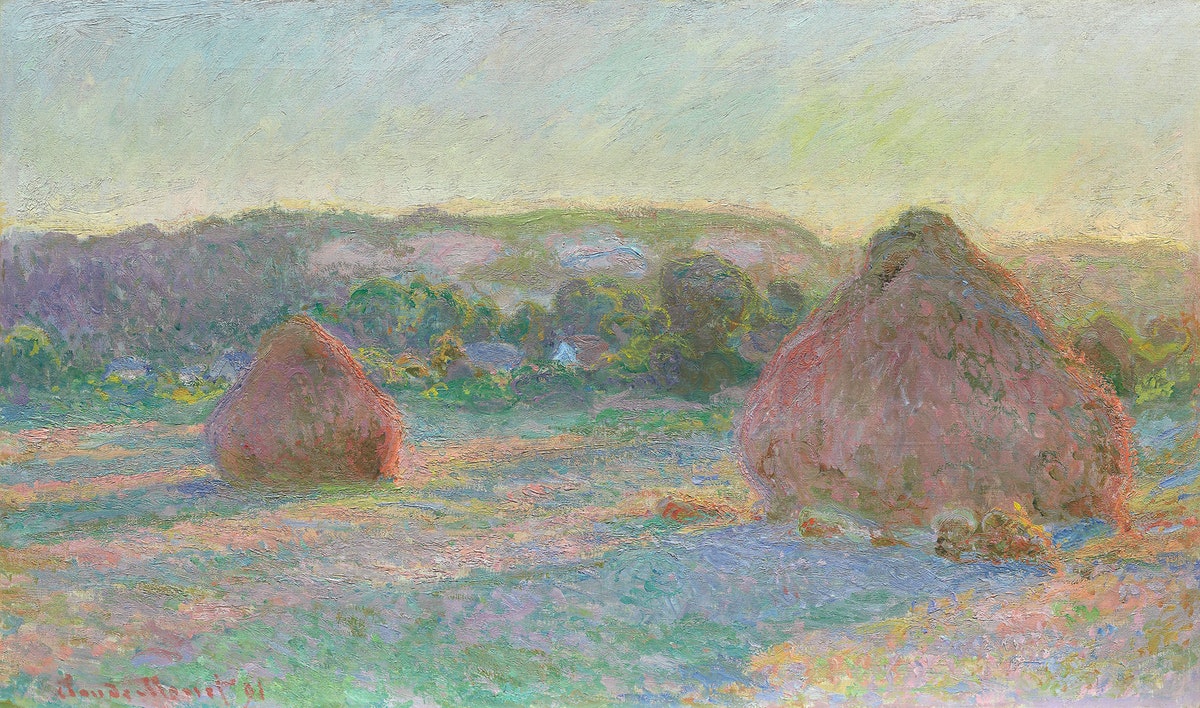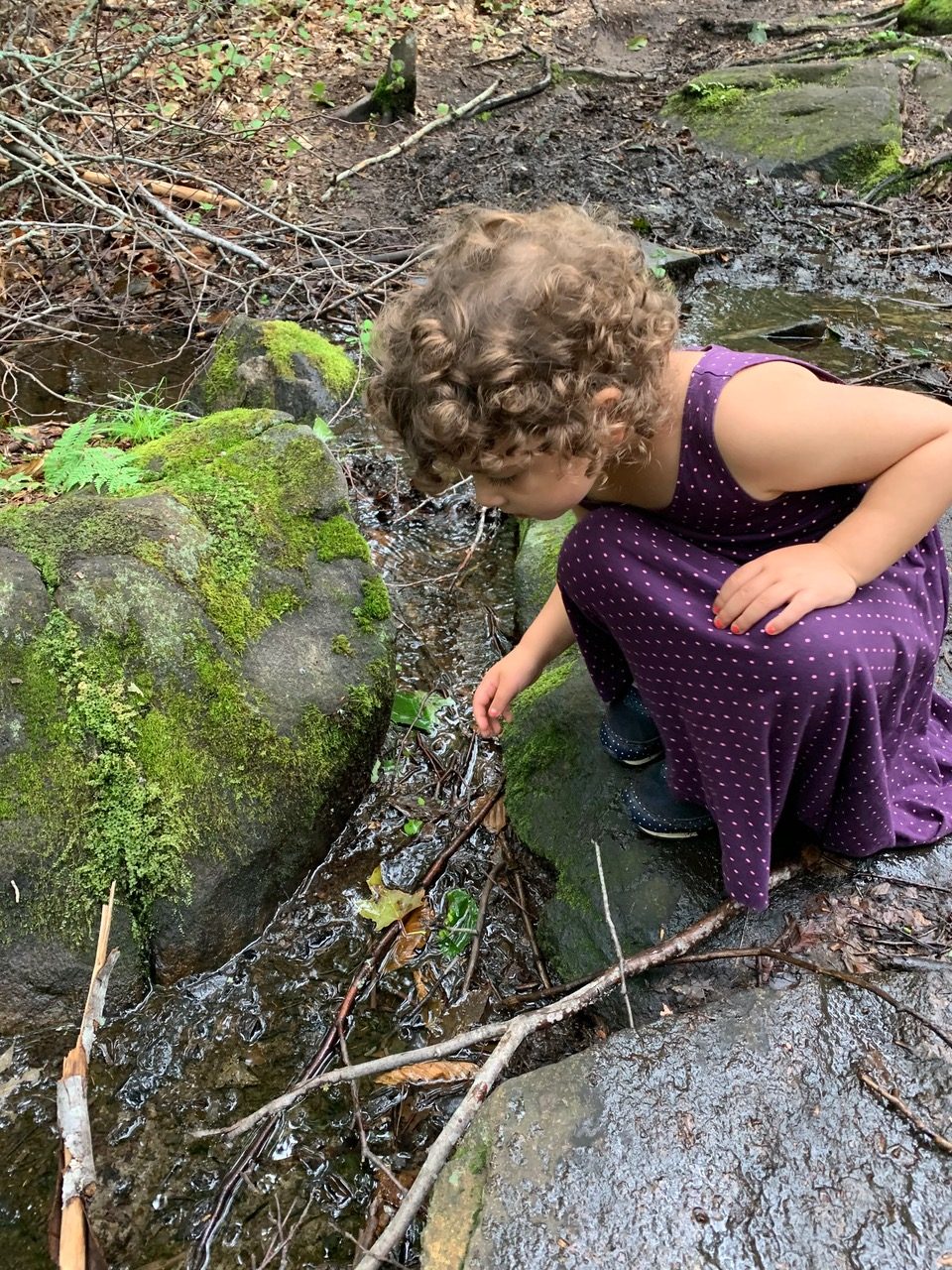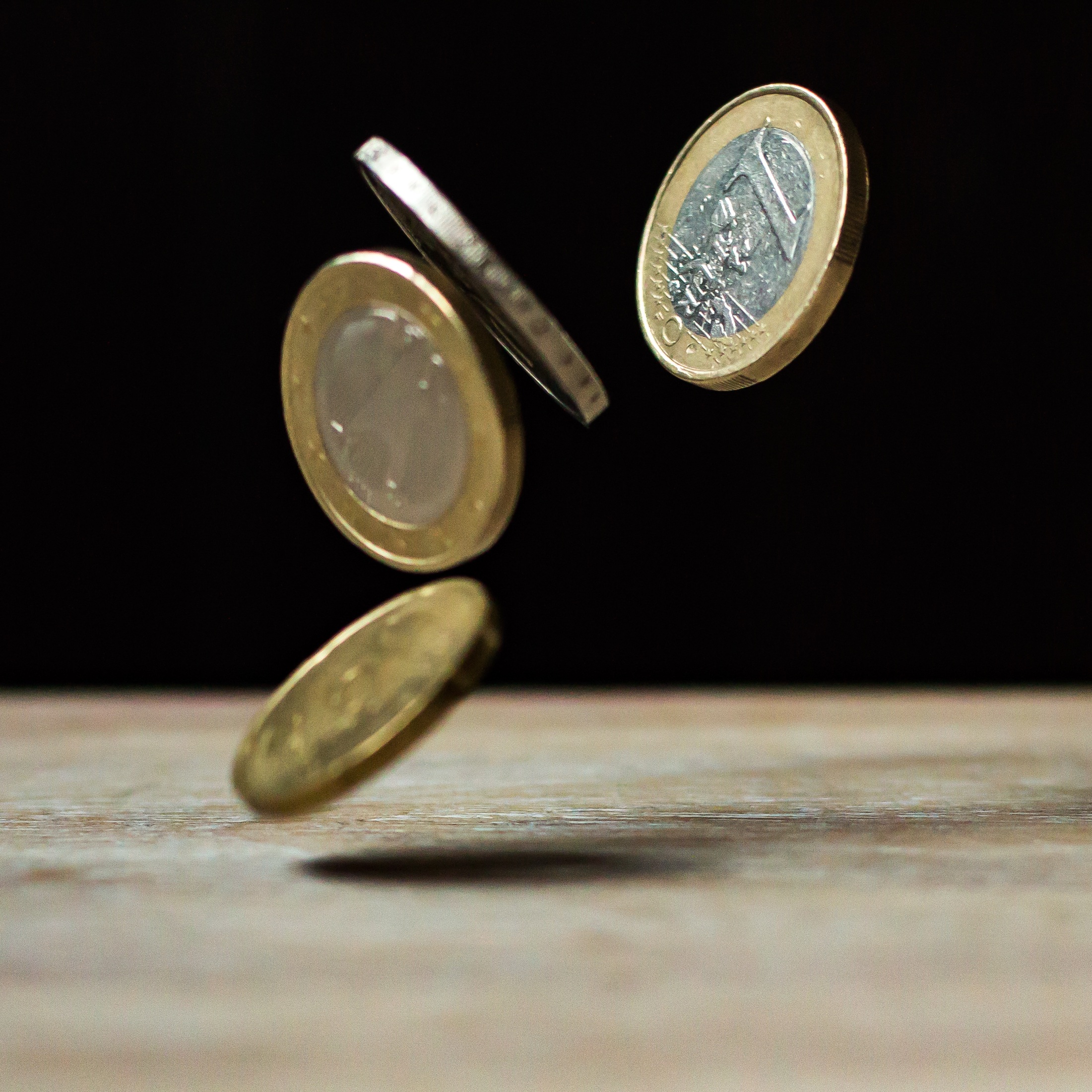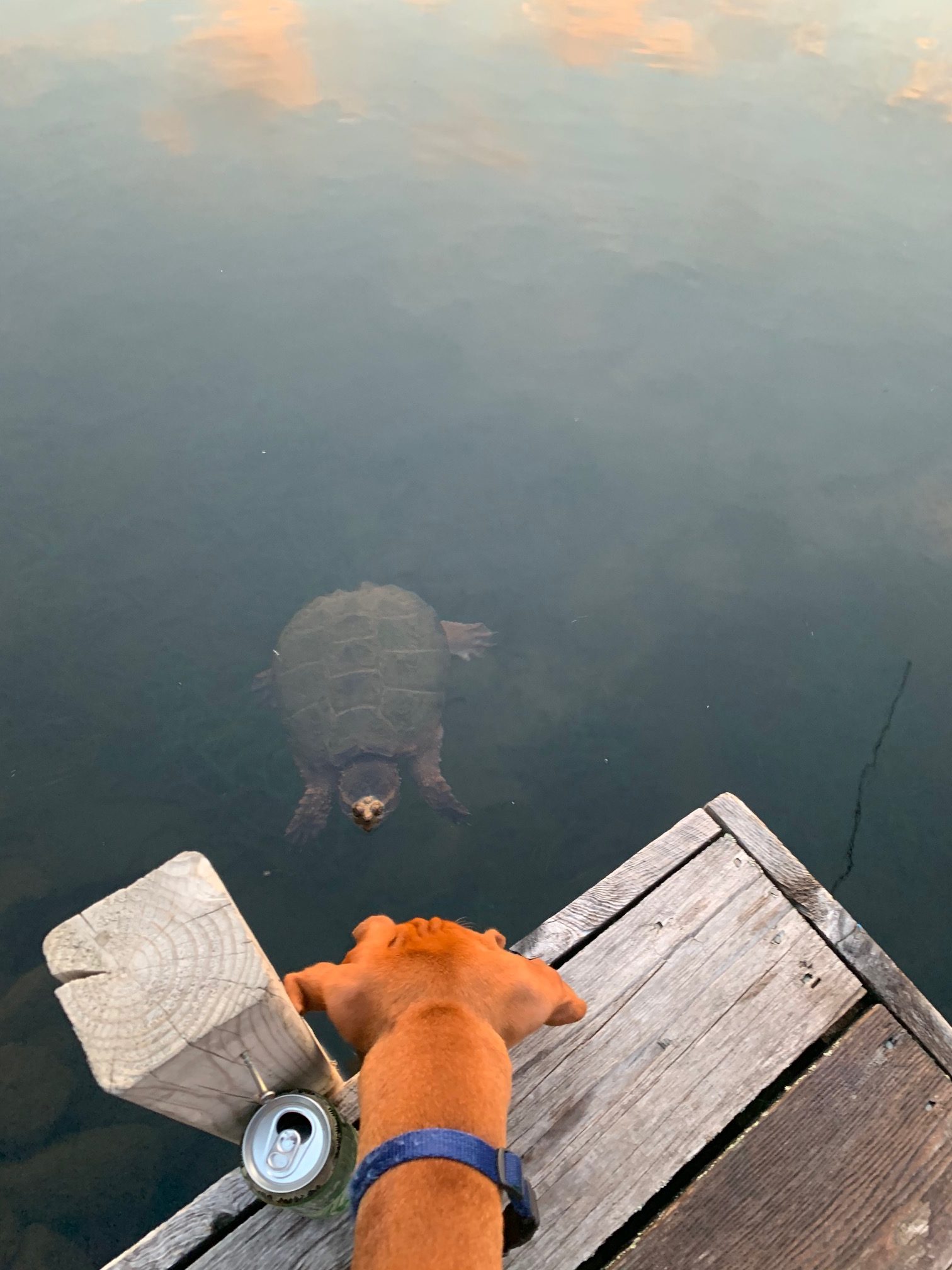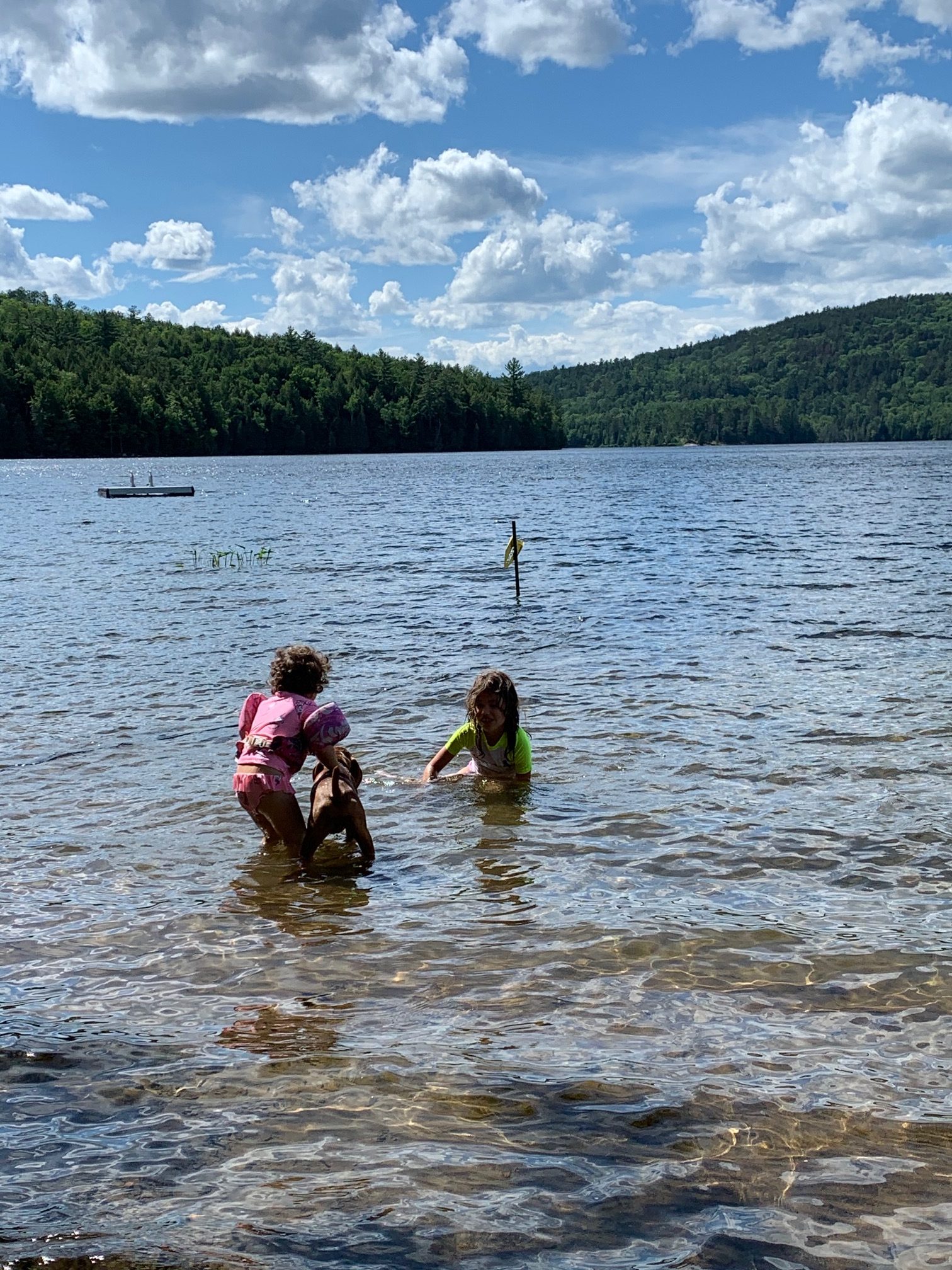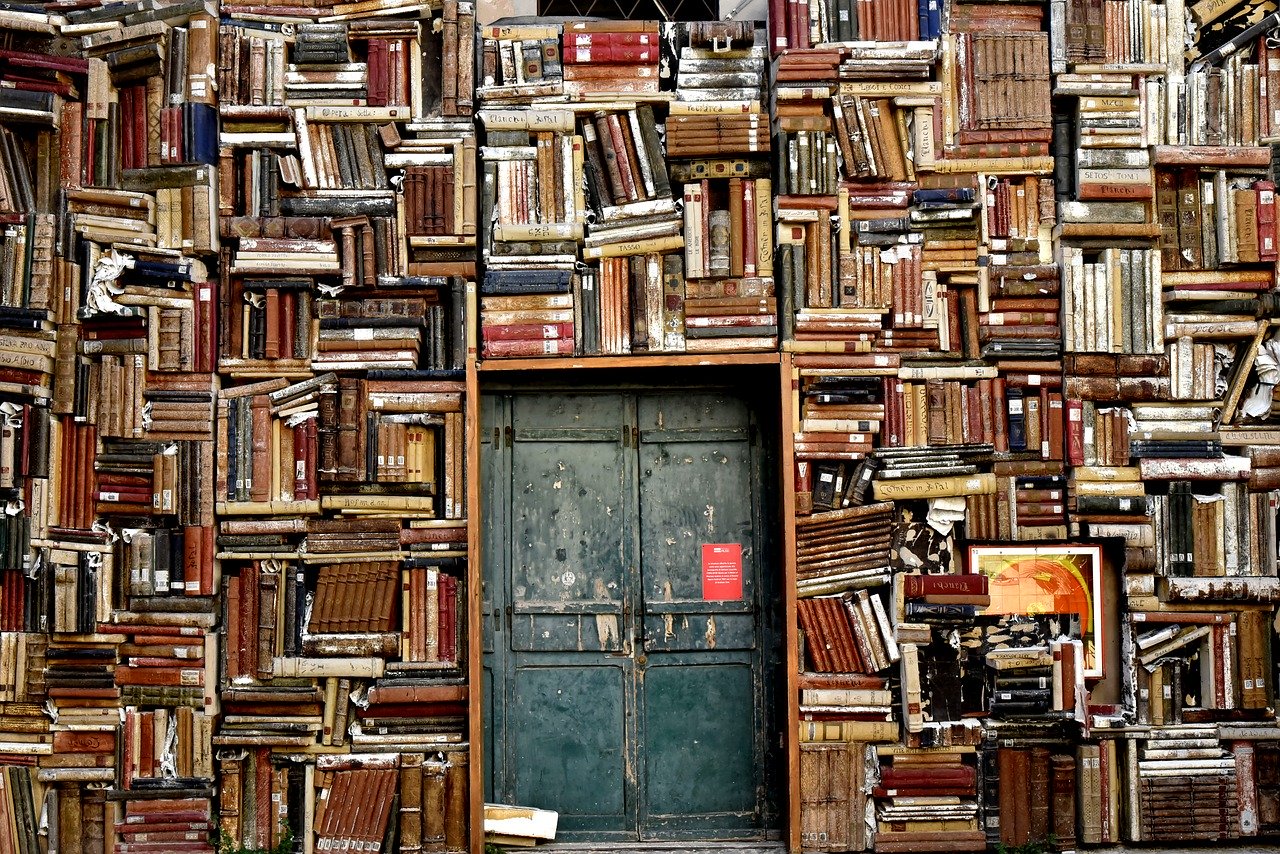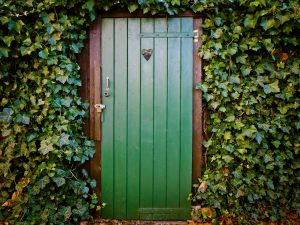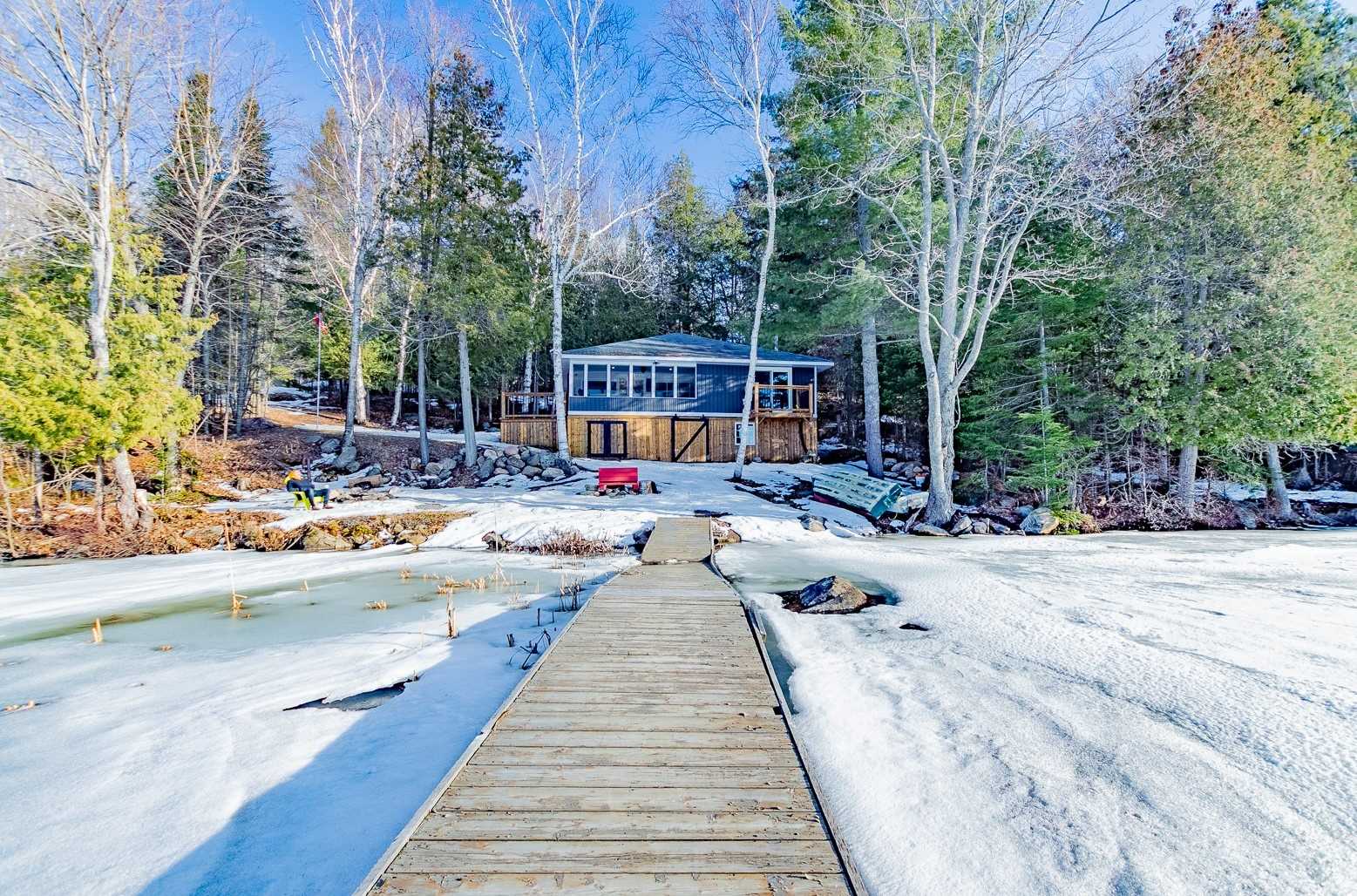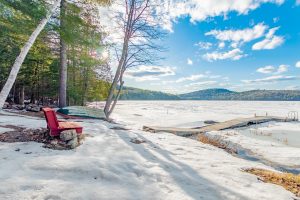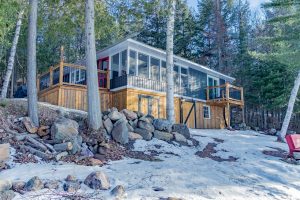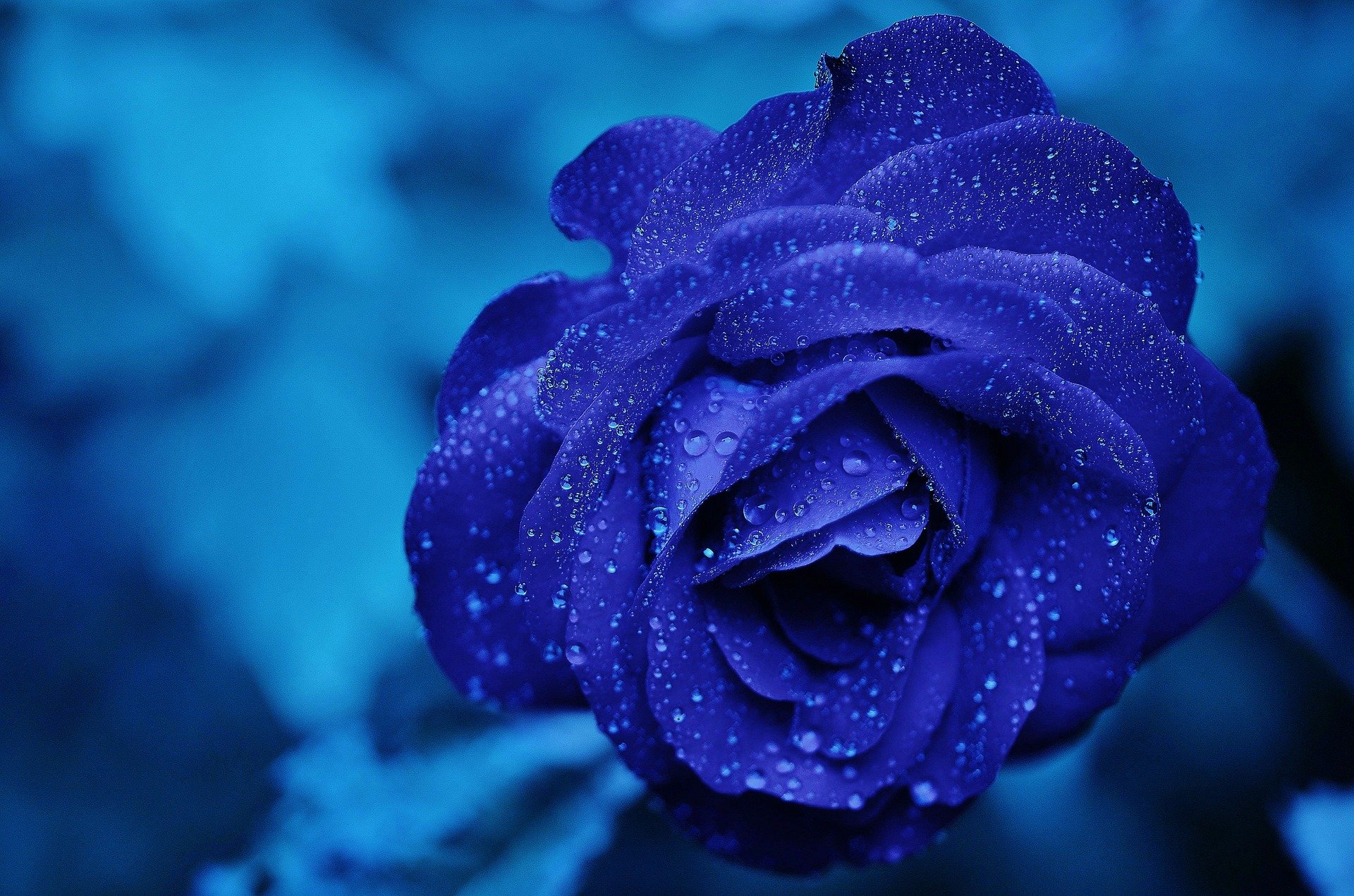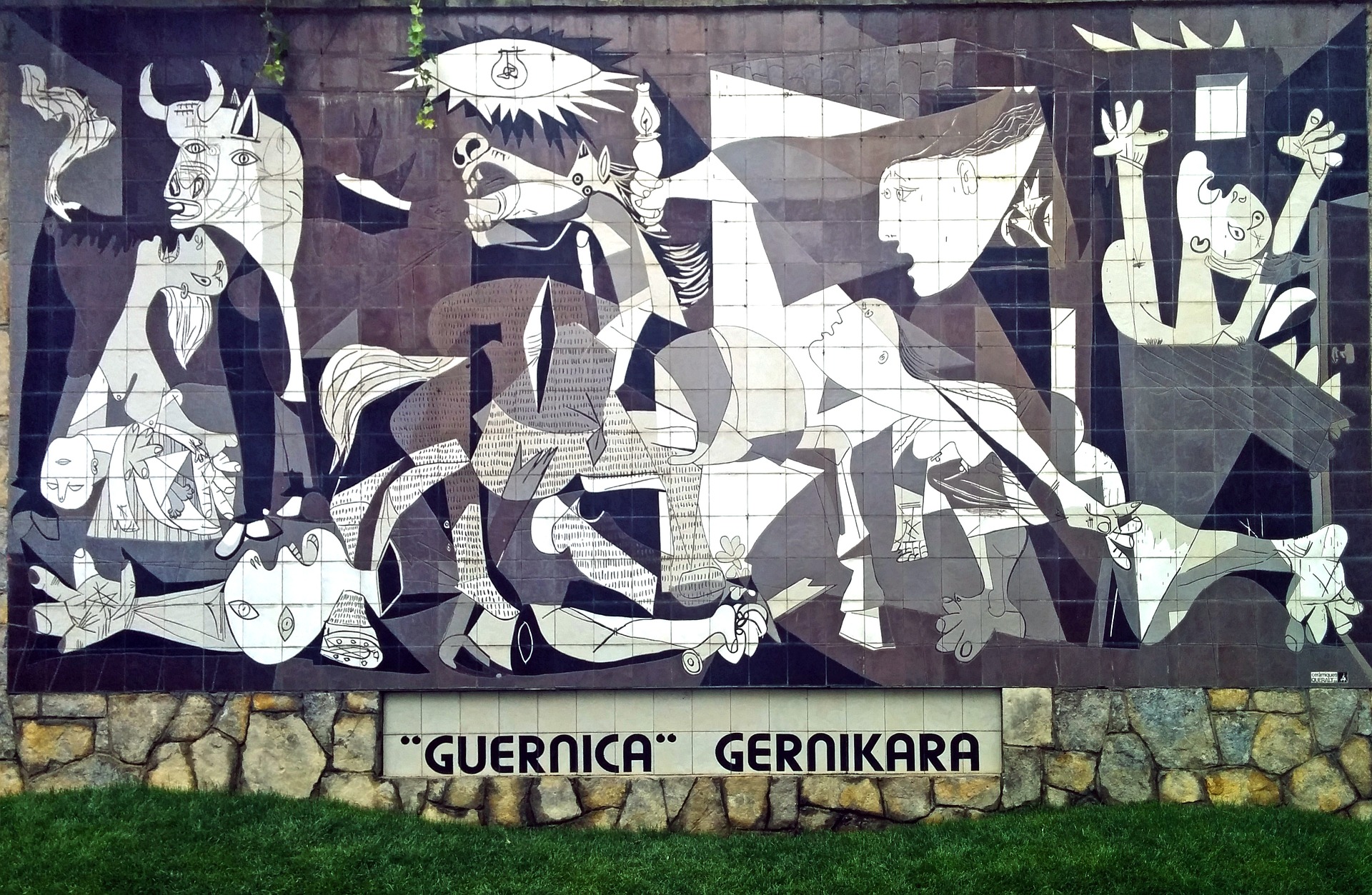I’m listening to Vivaldi’s Four Seasons. The clash of classical instruments banging against the soundtrack of my mind creates a space for focus. The music draws something out of me. From where I’m sitting at my desk, the lake looks like a Monet painting. Not quite real. The colour is off. Ripples of slate, blue, grey and white. A cottony clouded sky.
The temperature has taken a turn in Barry’s Bay. In the coffee shop in town, five minutes away, the locals tell me it’s been a nice August compared to usual.
“A few years ago, the third weekend in August,” a woman tells me, “it snowed at my cousin’s wedding.” Snow – that dirty word. Who wants to think of such things mid-summer? Certainly not I.
But as I stood at the end of my dock earlier, there’s no mistaking nature’s reversal – yes, reversal – because that’s what this is. Not really a cycle, more of a reverting back. In June, when we arrived, the same temperature, 17 degrees Celsius, felt warm. The cold was being ushered out, the warmth ushered in. Now the heat is quietly making its exit. First July’s humidity dissipated, but the heat remained, warm and friendly. Now warm air is slipping away, I fear we’ve almost reached the encore of this show, and soon she will exit stage left to make way for winter’s frost. I can feel cool air filling the room, permeating, taking her place, chilling my fingers to a pale yellow, numbing, stripping me of summer’s caress.
Summer here is like a searing, passionate fling – it was never meant to last, it never could last. Too hot to hold.
“Blink and you miss it!” the local woman laughed.
Like an affair, summer here is like a best kept secret, a dance between lovers producing heat that fades with time. As quick as it arrived, it’s over. Only that first kiss lingers. I would do anything for that kiss.
I feel like a scorned lover. “But wait!” I cry, “we’re here until the END of August, can’t summer last until then?”
No, it can’t. No more than the relationship that’s fizzled out can be rekindled. Once the fire’s gone, the flame’s extinguished, that’s it. There is no going back to what was, you have to wait to find it again. The reversal of falling in love is falling out of love – the latter seems to happen much more quickly; the way I’ve blinked, and summer is leaving me.
Come August first, the air told fall’s story, a few weeks earlier than I would normally notice back home. What is beautiful about spending so much time outdoors and taking notice are the cues nature sends to make herself clear. She is not a shy lover. The seasonality of the bugs. First they’re here, now they’re mostly gone. Come August, cue the grasshoppers. Where were they all of July? I’ve not a clue, but my friend the farmer tells me his chickens love to eat them. One hopped into our van, as we left the farm. The most alert and alive and humongous green cricket I’ve ever seen. He rode shotgun over Dan’s shoulder all the way home. The next morning, when Dan got back in to drive Louie to a trail for a jog, the cricket was still there, like a devoted pet, waiting for another joy ride.
Then there are the dock spiders. No sooner had I announced to a neighbour that the dock spiders left us, then one faced me down. The dock spider, the size of my palm, one of the largest species in Canada, sat in the middle of the ladder I needed to climb up to get out of the water from my swim. I took the long way around.
In the spring, when we arrived, the dock spiders ran amuck, in and out of their crevasses, all over the dock, which had become their kingdom. We sat shyly on our towels, double checked chairs, regarded our shoes and shook out every garment and linen with vigour. As summer progressed, as it did so quickly – too quickly – the dock spiders seemed to cower away from our cries of joy and splashing cannonballs off the dock and visitors trampling down their lane. They left us be, golden sun creatures that we are, preferring the gallows below, I imagine. A reversal of habitat. But come August, if you’ve read the children’s classic Charlotte’s Web, you may have an inkling of what the water spider I came face-to-face with on the ladder of our dock intended. A large sac of eggs, soon-to-be spiderlings, now rests itself wedged between ladder and dock and momma spider sits astride it, proud. I am loathe to remove that sac and its spider, even if it means I need to swim the long way around, through the lily pads.
There was a time I would have crushed any and all spiders that crossed my path, such was my right, or so I thought. But through another form of reversal, I feel differently now, quite differently. When I find a spider or rogue moth or ant in the cottage, I mostly fold the creature into a napkin gently and take them back outside, where they would prefer to be anyway. I do what I can to avoid killing, I think it’s gentler on my soul this way.
As the cold floods in, won’t enough creatures die anyway? That spider astride her sac, won’t she perish short of seeing her newborns? Or is that just a story we tell little children?
Dock spiders belong to the family Pisauridae, closely related to wolf spiders. They do not bite. They lay their eggs in a silken egg sac, which can then be carried around by the female until it’s time for the young to hatch. She holds the egg sac in her fangs like a wad of cotton. The female dock spiders, pisaurids, build a silken, tent-like nursery for their spiderlings, and so they are known as ‘nursery-web’ spiders. This glorious tent is what I can see between my ladder and dock. When you start to think of the spider as building a nursery, she becomes harder to kill, does she not?
As they typically start nesting in the spring, this is likely our spider’s third egg sack, her third cycle of spiderlings. Each sac can yield 1,000 spiderlings. I check on those babies every day. Dan thought maybe a fish would come and eat them, nab the sac, but apparently, dock spiders are the ones who will eat minnows, sticking their two front legs in the water, awaiting the right water vibration. The perfect kill. A reversal of expectations.
“I feel like the end of a long day,” says Charlotte the spider, at the end of E.B White’s Charlotte’s Web. And can’t we all relate – especially lately?
A summer passed by too quickly; a pandemic that’s arrived and decided to stay. The leaving of school and the coming back. A reversal of fortunes.
I will embrace the cold the best I can. Pull out my tough jeans and hooded sweatshirts that I’ve had tucked away, tucked away but not forgotten. Instead of dressing down, I will layer up. I will throw a few logs on the fire, the trunks of trees that once grew strong.
I will hit play on Vivaldi’s Four Seasons, and write my way to the end, with images of Monet’s hayfields and summer days tucked into the back of my mind, for when the heat returns, I will be ready.
Until then, winter is coming.

